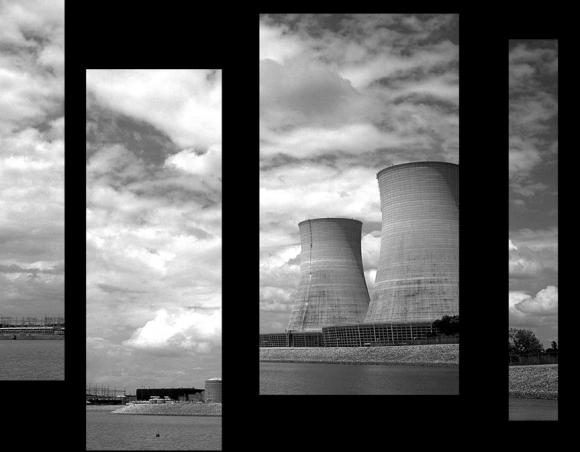While many Earth Day activities focus on ways to protect the planet, a forum being held the same day will look at the viability of nuclear energy amid the unfolding nuclear crisis in Japan.
The forum is being held at 4 p.m. at the Watson Center for International Studies and features the deputy consul general of Japan, an expert in nuclear design and safety, a federal environmental advocate, and an academic with a half-century of experience in nuclear and particle physics. The Japan Cultural Association at Brown organized the discussion, which comes roughly five weeks after the March 11 earthquake and tsunami that crippled the Fukushima Daiichi nuclear reactor complex in northeast Japan.
Rie Yamamoto, a senior and co-president of the JCA, said the idea to host a forum on nuclear energy sprang from a visit in February by a survivor of the atomic bomb unleashed on Hiroshima by American forces on Aug. 6, 1945. The Hiroshima bomb was followed by another, larger atomic bomb dropped on Nagasaki Aug. 9. The Japanese surrendered five days later.
Last month’s natural disaster reinforced the need for a discussion. “We wanted to have an event not about what happened there (last month), but looking at from here on,” said Yamamoto, who grew up outside Tokyo.
The Brown JCA coordinated with Harvard and Yale to hold Earth Day-themed events revolving around Japan on each other’s campus.
The participants at the nuclear energy discussion at Brown include:
- Hisashi Nakatomi, deputy consul general, Japanese consulate, Boston;
- Bahram Nassersharif, dean of the College of Engineering and professor of mechanical engineering and applied mechanics at the University of Rhode Island. Nassersharif has 28 years of experience in the design and safety analysis of nuclear systems and is the commissioner of the Rhode Island Atomic Energy Commission;
- H. Curtis “Curt” Spalding, regional administrator for the U.S. Environmental Protection Agency in New England. Before joining the EPA last year, Spalding was executive director of Save The Bay in Rhode Island, a 20,000-member environmental advocacy and education organization;
- Richard Wilson, rofessor emeritus of physics, Harvard University. Wilson has worked on a variety of projects in his 50-year career in nuclear and particle physics and more recently on various topics in risk assessment and risk-benefit analysis.

